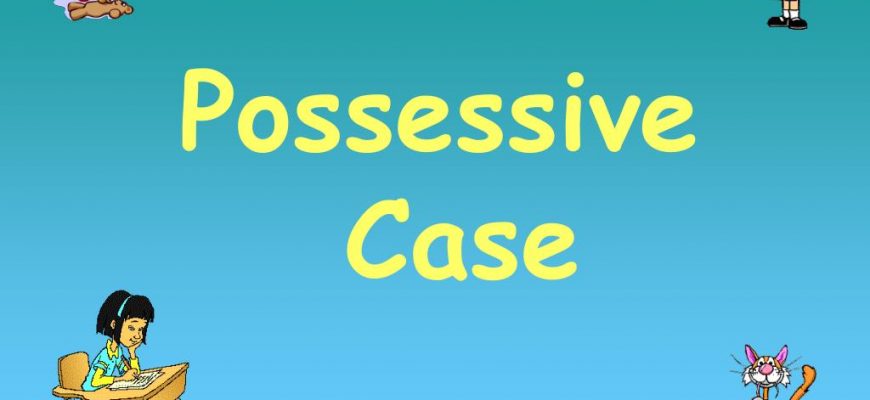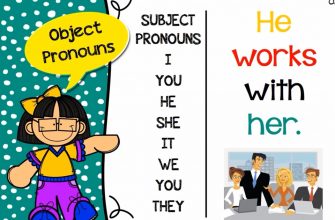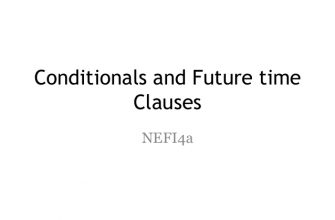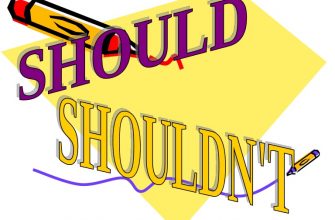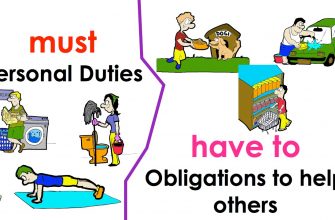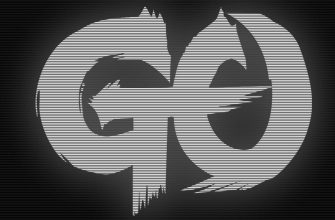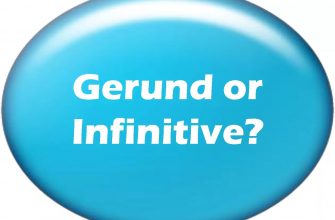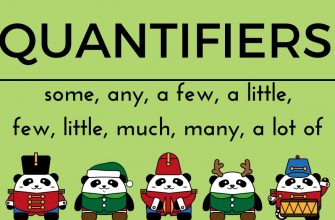Possessive Nouns
A possessive noun is a noun indicating ownership (or possession) by ending ‘s or just an apostrophe.

Examples of Possessive Nouns
Here are some examples of possessive nouns (shaded):
- a dog’s bone
- a man’s jacket
- a lion’s mane
The examples above are obviously about possession (i.e., ownership). They refer to “the bone of the dog,” “the jacket of the man,” and “the mane of the lion.” However, possessive nouns are not always so obviously about possession. Look at these examples of possessive nouns:
- a book’s pages
- a day’s pay
- a week’s worth
- the stone’s throw
Sometimes, possessive nouns are clearly not about possession. Look at these examples:
- The Children’s Minister
- Rembrandt’s paintings
So, in order to say that possessive nouns indicate possession, you have to accept a broad scope for the word “possession.”
Using Apostrophes to Form Possessive Nouns
You will notice that all of the examples above end ‘s. However, not all possessive nouns end this way. Here are the basic rules for creating a possessive noun with an apostrophe:
| Type | Example of Type | Possessive Noun | Comment |
|---|---|---|---|
| singular noun | dog | dog’s dinner dog’s dinners | Add ‘s for a singular possessor (in this case, a dog). (NB: It is irrelevant how many things are owned. So, it is irrelevant if the dog has one dinner or a hundred dinners. Only the number of possessors is important.) |
| plural noun | dogs | dogs’ dinner dogs’ dinners | Add ‘ for a plural possessor |
| singular noun ending -s | Chris | Chris’ hat or Chris’s hat | Add ‘s or ‘ for a singular possessor that ends -s. You have a choice. |
| plural noun not ending -s | People | People’s rights | Add ‘s for a plural possessor that does not end –s. |
Possessive Nouns with Inanimate Objects
As you can see from some of the examples above (e.g., “a book’s pages,” “a day’s pay”), it is possible for inanimate things (e.g. “a book”) and even intangible things (e.g. “a day”) to possess objects from a grammatical perspective. However, be aware that some writers like to shy away from using the possessive form with inanimate objects. In other words, they would prefer:
- The pages of a book
- the nib of a biro.
to:
- A book’s pages
- A biro’s nib
This is one of those times when you can let your instinct guide you. Both versions are acceptable. Choose the one that grates less on your ears.
Also, do not forget that some nouns can be used as adjectives (called “attributable nouns”). So, you might not need to make a decision on whether to use “of” or a possessive noun. For example:
- A car door (best version)
- A door of a car (possible but awkward)
- A car’s door (possible but still awkward)
Possessive Nouns in Time Expressions
Possessive nouns are common in time expressions (or “temporal expressions” as they’re also known). For example:
- A day’s salary
- Two days’ salary
- Three years’ insurance
- Three years’ insurance
Similarly, possessive nouns are used for other measurements unrelated to time. For example:
- Five dollars’ worth
- A stone’s throw away
